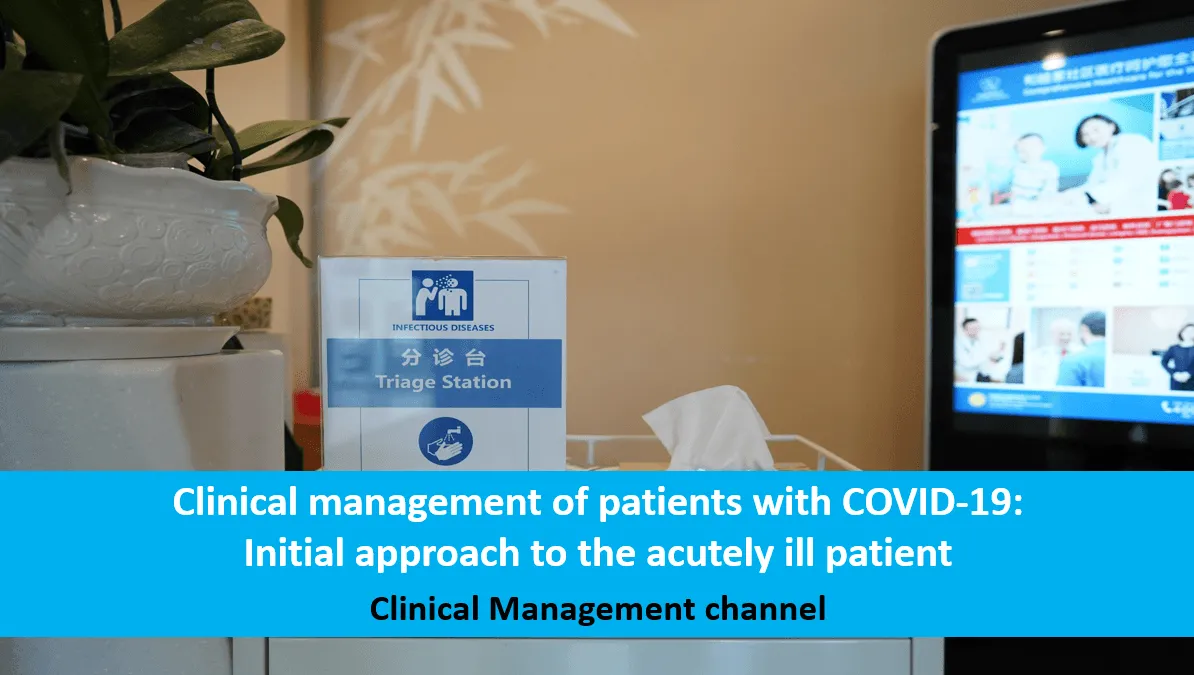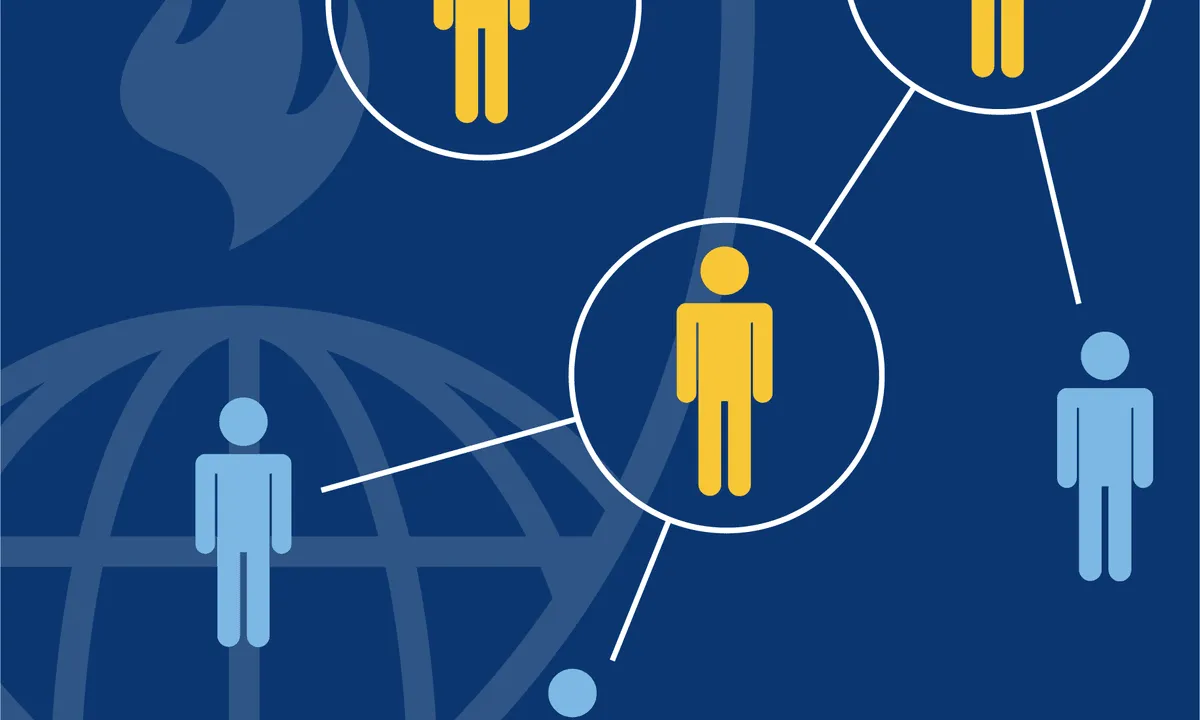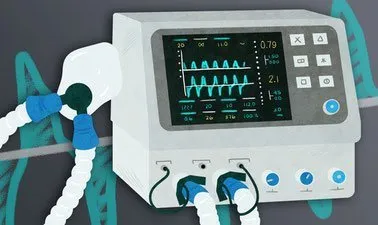
Clinical management of patients with COVID-19: Initial approach to the acutely ill patient 
Get a comprehensive overview of Clinical management of patients with COVID-19: Initial approach to the acutely ill patient ▼
ADVERTISEMENT
Course Feature
![]() Cost:
Cost:
Free
![]() Provider:
Provider:
OpenWHO
![]() Certificate:
Certificate:
Free Certification
![]() Language:
Language:
English
![]() Start Date:
Start Date:
On-Demand
Course Overview
❗The content presented here is sourced directly from OpenWHO platform. For comprehensive course details, including enrollment information, simply click on the 'Go to class' link on our website.
Updated in [May 19th, 2023]
This course, Clinical Management of Patients with COVID-19: Initial Approach to the Acutely Ill Patient, provides an overview of the initial approach to the acutely ill patient. Participants will learn about screening and triage, including a lecture on the interagency integrated triage tool; how to designate a specific resuscitation area in an emergency unit, and how to use the WHO medical emergency checklist; and resuscitation area designation. Additionally, a systematic approach to the acutely ill patient is taught via the WHO/ICRC Basic Emergency Care course content, with specific modules on the ABCDE approach, approach to difficulty in breathing, approach to shock, and approach to altered mental status. The goal of these modules is to prepare and support health providers as they provide emergency care to seriously ill patients.
At the end of the course, participants will have a better understanding of the initial approach to the acutely ill patient, and will be better equipped to provide emergency care to seriously ill patients.
[Applications]
Suggestions for the application of this course include utilizing the WHO/ICRC Basic Emergency Care course content to develop a systematic approach to the acutely ill patient, utilizing the WHO medical emergency checklist to designate a specific resuscitation area in an emergency unit, and utilizing the interagency integrated triage tool for screening and triage. Additionally, health providers should review the ABCDE approach, approach to difficulty in breathing, approach to shock, and approach to altered mental status to prepare and support them in providing emergency care to seriously ill patients.
[Career Paths]
1. Clinical Nurse Manager: Clinical Nurse Managers are responsible for overseeing the day-to-day operations of a healthcare facility, including managing staff, developing policies and procedures, and ensuring quality patient care. With the increasing prevalence of COVID-19, Clinical Nurse Managers are playing an increasingly important role in ensuring that healthcare facilities are properly equipped and staffed to handle the influx of patients.
2. Infection Control Practitioner: Infection Control Practitioners are responsible for preventing and controlling the spread of infectious diseases in healthcare settings. With the emergence of COVID-19, Infection Control Practitioners are playing a critical role in ensuring that healthcare facilities are following the latest guidelines and protocols to protect patients and staff from the virus.
3. Emergency Room Physician: Emergency Room Physicians are responsible for providing medical care to patients in emergency situations. With the increasing prevalence of COVID-19, Emergency Room Physicians are playing an increasingly important role in providing care to patients with the virus.
4. Public Health Researcher: Public Health Researchers are responsible for conducting research to identify and address public health issues. With the emergence of COVID-19, Public Health Researchers are playing a critical role in understanding the virus and developing strategies to prevent its spread.
[Education Paths]
1. Bachelor of Science in Nursing: A Bachelor of Science in Nursing (BSN) is a four-year degree program that prepares students to become registered nurses. The program focuses on providing students with the knowledge and skills needed to provide quality care to patients in a variety of settings. Students learn about anatomy, physiology, pharmacology, nutrition, and other topics related to nursing. Additionally, they gain hands-on experience in clinical settings. The BSN degree is becoming increasingly popular as the demand for nurses continues to grow.
2. Master of Science in Nursing: A Master of Science in Nursing (MSN) is a two-year degree program that prepares students to become advanced practice nurses. The program focuses on providing students with the knowledge and skills needed to provide advanced care to patients in a variety of settings. Students learn about advanced nursing practice, research, and leadership. Additionally, they gain hands-on experience in clinical settings. The MSN degree is becoming increasingly popular as the demand for advanced practice nurses continues to grow.
3. Doctor of Nursing Practice: A Doctor of Nursing Practice (DNP) is a two-year degree program that prepares students to become advanced practice nurses. The program focuses on providing students with the knowledge and skills needed to provide advanced care to patients in a variety of settings. Students learn about advanced nursing practice, research, and leadership. Additionally, they gain hands-on experience in clinical settings. The DNP degree is becoming increasingly popular as the demand for advanced practice nurses continues to grow.
4. Doctor of Philosophy in Nursing: A Doctor of Philosophy in Nursing (PhD) is a four-year degree program that prepares students to become nurse researchers and educators. The program focuses on providing students with the knowledge and skills needed to conduct research and teach in the field of nursing. Students learn about research methods, data analysis, and teaching strategies. Additionally, they gain hands-on experience in clinical settings. The PhD degree is becoming increasingly popular as the demand for nurse researchers and educators continues to grow.
Course Provider

Provider OpenWHO's Stats at AZClass
Discussion and Reviews
0.0 (Based on 0 reviews)
Explore Similar Online Courses

Learn Angular 5 from Scratch

Adobe Photoshop CC Portrait Retouching Masterclass

Python for Informatics: Exploring Information

Social Network Analysis

Introduction to Systematic Review and Meta-Analysis

The Analytics Edge

DCO042 - Python For Informatics

Causal Diagrams: Draw Your Assumptions Before Your Conclusions

Whole genome sequencing of bacterial genomes - tools and applications

COVID-19 Contact Tracing

Mechanical Ventilation for COVID-19

COVID-19 in Slums & Informal Settlements: Guidelines & Responses
 Related Categories
Related Categories
 Popular Providers
Popular Providers
Quiz
 Submitted Sucessfully
Submitted Sucessfully
1. What is the goal of the WHO/ICRC Basic Emergency Care course content?
2. What is the interagency integrated triage tool used for?
3. What is the WHO medical emergency checklist used for?


Start your review of Clinical management of patients with COVID-19: Initial approach to the acutely ill patient